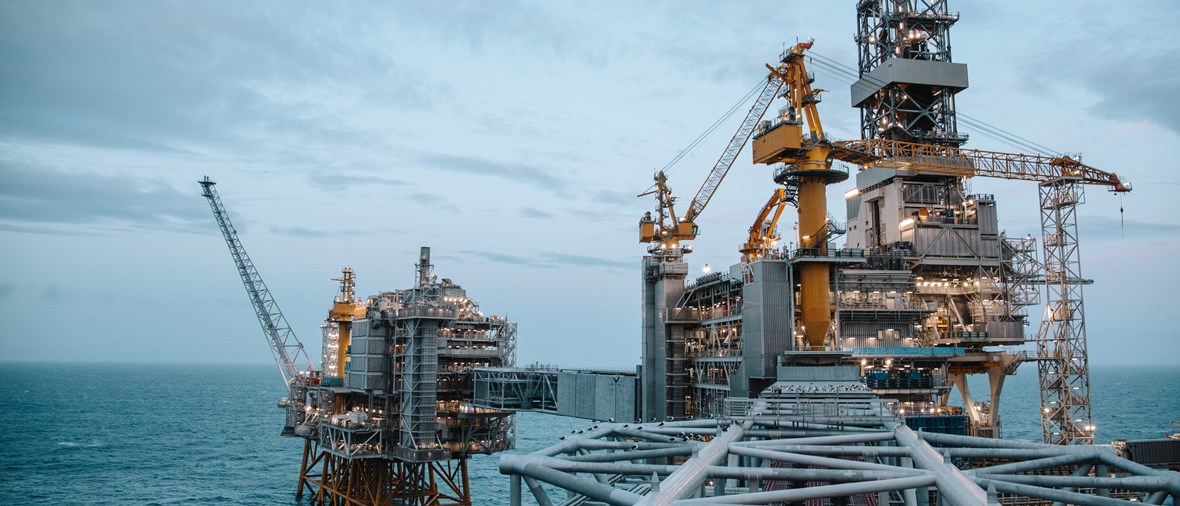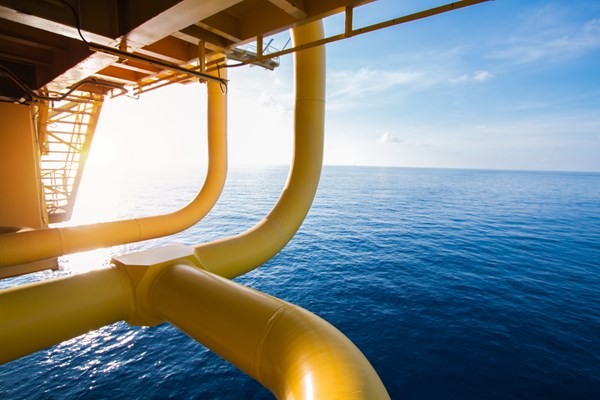Comprising 12 of the world’s largest petroleum companies, the OGCI works through the Aiming for Zero Methane Initiative to cut the amounts of methane released globally by producing oil and gas.
As a supporter, Offshore Norge will promote the OGCI’s initiative and urge other players to take part. The association will also share the experience acquired by Norway’s petroleum industry from its continuous improvement efforts directed at reducing direct methane emissions.
― I congratulate Offshore Norge on becoming an official supporter of the Aiming for Zero Methane Emissions Initiative. By joining the initiative, Offshore Norge is making a declaration that it too shares the ambition to eliminate methane leaks from the oil and gas industry, says Bjørn Otto Sverdrup, chair of the OGCI executive committee.
Offshore Norge's deep expertise and commitment strengthens the initiative and sends a clear signal that reducing methane emissions quickly is a key issue for the oil and gas industry, says Sverdrup
Methane accounts for about 30 per cent of global greenhouse gas emissions. To meet the goals of the Paris agreement, cutting the amount of methane released directly from global oil and gas production will be an important measure, which makes a swift contribution.
Direct emissions of methane in connection with oil and gas production on the Norwegian continental shelf (NCS) are included in the industry’s climate goals for 2030 and 2050. Such emissions are low, and represent about a 10th of the methane intensity seen in other oil and gas regions. The emission intensity for 2020 is estimated to be less than 0.02 per cent.
The main reasons for this low intensity are the attention devoted to avoiding safety-related emissions, a robust and risk-based regulatory regime, choosing good technical solutions on the installations, and good follow-up systems. In its Global Methane Tracker 2022, the International Energy Agency (IEA) observes that global methane emissions would be reduced by 90 per cent if all countries limited the amount they release to the Norwegian level.
Norway’s petroleum industry works for continuous improvement and better quantitative methods in detecting, mapping and reporting methane emissions. The companies also pay a high CO2 tax on direct emissions of natural gas from the NCS, which supports efforts to achieve further reductions in the amount of methane released up to 2030.


